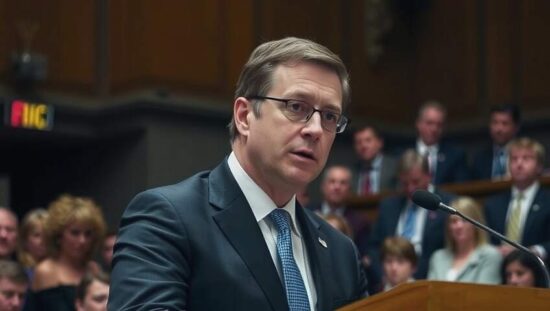The German government has unveiled plans for significantly increased investment over the coming years, as announced by Finance Minister Lars Klingbeil during the start of budget week in the Bundestag. The proposed 2025 budget includes what officials are labeling “record investments” totaling €115 billion, representing a 55% increase compared to 2024.
Minister Klingbeil stated that this high level of investment is intended to continue throughout the current parliamentary term, with annual investments consistently around €120 billion. He emphasized the importance of citizens experiencing the tangible benefits of this increased spending, citing examples like road repairs – specifically the elimination of potholes – and the maintenance of public facilities such as school restrooms.
The government’s budget draft outlines total expenditures of €503 billion for 2025, a rise from the €476.8 billion available in 2024. Revenue is projected at €421.1 billion (compared to €427.5 billion in 2024), with tax revenues expected to contribute €386.8 billion and administrative revenues amounting to €27.0 billion.
A notable feature of the budget is the significant increase in net borrowing. The net borrowing requirement (NKA) is set at €81.8 billion, considerably higher than the €39.0 billion recorded the previous year. The permissible net borrowing requirement is capped at €49.7 billion, which is projected to be fully utilized. An additional €32.07 billion in new debt is justified under a new constitutional provision. Minister Klingbeil indicated his intention to redefine the Finance Ministry as an “investment ministry” signaling a strategic focus on long-term growth and social equity through government spending.





